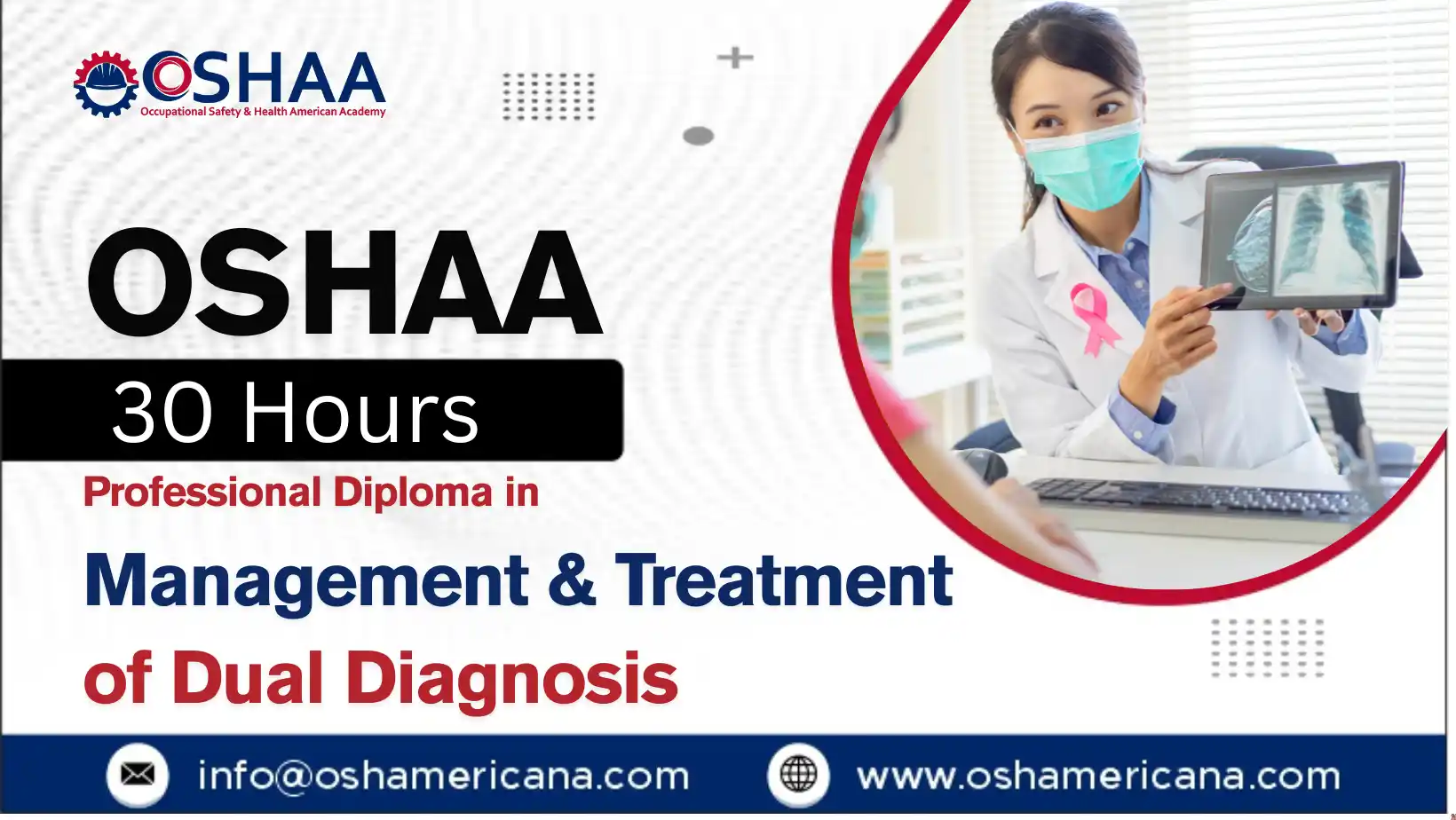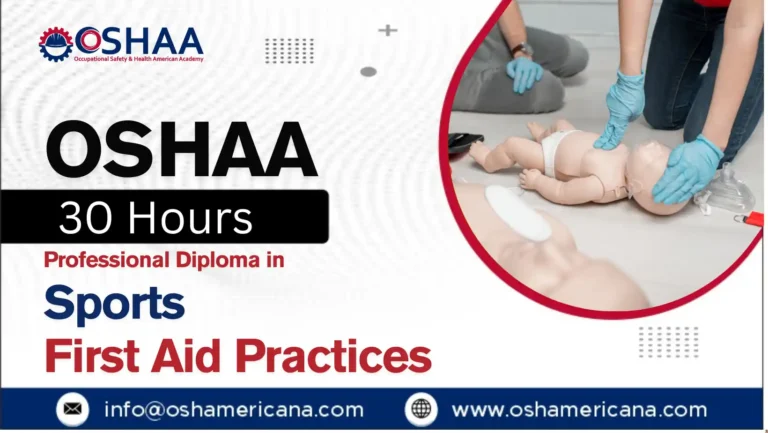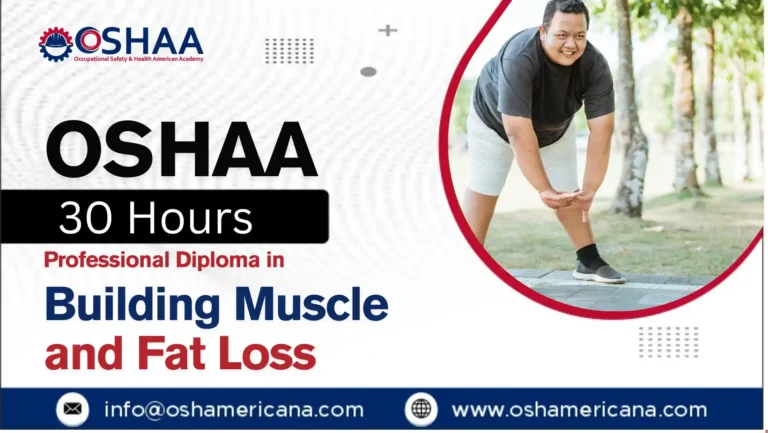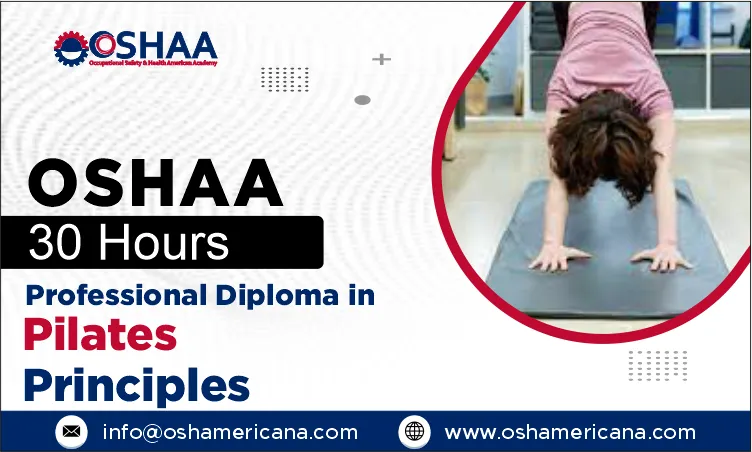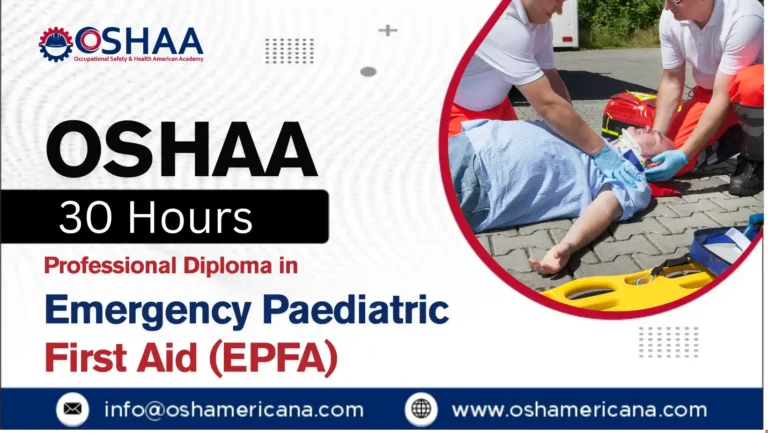Empower Recovery with OSHAA 30-Hours Professional Diploma
Dual diagnosis—the co-occurrence of mental health disorders and substance use issues—presents one of the most complex challenges in healthcare and support services. The OSHAA 30-Hours Professional Diploma in Management and Treatment of Dual Diagnosis equips participants with the knowledge and skills needed to understand, assess, and manage these multifaceted conditions effectively.
This diploma emphasises a compassionate, evidence-based approach, recognising the interconnected psychological and behavioural challenges faced by individuals. Participants gain expertise in assessment, diagnosis, and integrated treatment planning, building professional competence across both mental health and addiction frameworks. The course encourages holistic strategies that promote recovery, resilience, and long-term wellbeing.
Over 30 hours, learners explore theoretical models, risk factors, diagnostic considerations, and practical interventions. Case studies, research insights, and recovery-focused techniques are integrated, preparing participants for work in community outreach, residential services, and mental health support environments.
The OSHAA 30-Hours Professional Diploma in Management and Treatment of Dual Diagnosis combines professional depth with applied learning, enabling participants to confidently respond to complex co-occurring disorders. It also supports career development in counselling, rehabilitation, social work, and integrated care coordination.
OSHAA 30-Hours Professional Diploma in Management and Treatment of Dual Diagnosis
Study Units
Learning Outcomes
Introduction to Dual Diagnosis and Key Concepts (3 Hours)
- Define dual diagnosis and understand its implications in health and social care.
- Identify the prevalence and impact of co-occurring mental health and substance use disorders.
- Recognise the importance of integrated, person-centred approaches to care.
- Explore common misconceptions and terminology related to dual diagnosis.
Mental Health Conditions and Co-occurring Substance Use (3 Hours)
- Identify common mental health disorders associated with substance misuse.
- Understand how mental illness and substance use can interact and exacerbate each other.
- Recognise behavioural patterns and symptoms associated with dual diagnosis presentations.
- Examine the effects of substance use on mental health treatment and recovery.
Risk Factors, Causes, and Diagnostic Complexities (6 Hours)
- Explore biological, psychological, and social risk factors linked to dual diagnosis.
- Understand the challenges of diagnosing co-occurring conditions accurately.
- Examine the role of early trauma, genetics, and environmental influences.
- Identify barriers to diagnosis and the importance of thorough assessment.
Assessment Techniques and Treatment Planning (4 Hours)
- Learn how to apply structured assessment tools for dual diagnosis.
- Develop practical skills in clinical observation and interview techniques.
- Create effective, individualised treatment plans based on comprehensive assessment.
- Integrate short- and long-term goals aligned with recovery models.
Integrated Models of Care and Intervention Strategies (4 Hours)
- Understand the principles of integrated treatment for dual diagnosis.
- Compare models such as harm reduction, motivational interviewing, and cognitive behavioural approaches.
- Identify services and support structures involved in collaborative care.
- Apply evidence-based interventions in multidisciplinary settings.
Trauma-Informed Approaches and Co-existing Disorders (4 Hours)
- Recognise the relationship between trauma and dual diagnosis.
- Understand the role of trauma-informed care in supporting recovery.
- Identify common co-existing conditions such as PTSD and personality disorders.
- Develop strategies for managing complex needs with sensitivity and safety.
Communication and Behavioural Support Techniques (3 Hours)
- Apply effective communication strategies for engaging individuals with dual diagnosis.
- Use de-escalation and conflict resolution techniques appropriately.
- Support behavioural change through empathy, consistency, and encouragement.
- Build rapport and trust to improve treatment engagement and retention.
Safeguarding, Risk Management, and Crisis Response (3 Hours)
- Identify safeguarding responsibilities when working with vulnerable individuals.
- Assess and manage risks related to self-harm, relapse, and crisis behaviour.
- Develop crisis intervention strategies tailored to dual diagnosis settings.
- Understand legal and ethical frameworks surrounding care and protection.
Course Benefits – OSHAA 30-Hours Professional Diploma in Management and Treatment of Dual Diagnosis
- Gain a comprehensive understanding of dual diagnosis and its complex clinical presentations
- Develop practical skills in assessment, care planning, and integrated intervention strategies
- Learn to manage co-occurring mental health and substance use disorders in a person-centred framework
- Enhance communication techniques to engage and support individuals with challenging behaviours
- Understand the impact of trauma and apply trauma-informed approaches to care
- Strengthen abilities in safeguarding, risk management, and crisis intervention
- Build confidence in applying ethical, legal, and inclusive practices in diverse care environments
- Improve collaboration with multidisciplinary teams, families, and support networks
- Access tools and knowledge relevant to both clinical and community-based roles
- Receive a recognised professional qualification that supports career advancement in health, social care, mental health, and addiction services
The OSHAA 30-Hours Professional Diploma in Management and Treatment of Dual Diagnosis is designed for participants who support individuals experiencing both mental health conditions and substance use issues. This course is ideal for:
- Participants working in mental health, addiction services, or social care
- Individuals involved in community outreach, supported housing, or rehabilitation services
- Health and care professionals seeking to strengthen their understanding of dual diagnosis management
- Participants aiming to develop skills in integrated assessment, planning, and intervention
- Those preparing for specialised roles in behavioural support, safeguarding, or crisis response
This diploma is suitable for participants at various stages of their careers, offering a practical and professional foundation to work confidently and compassionately with complex needs.

